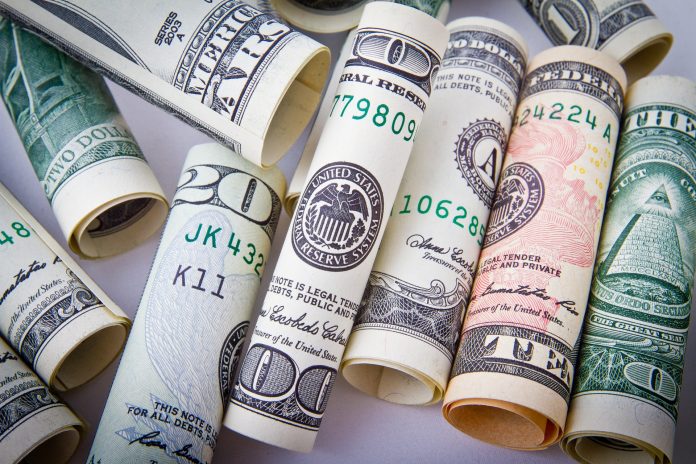The MENA NGO Oxfam international denounces the increase in wealth of the richest and the worsening of inequalities. It calls for corrective measures to better respond to the social and health emergency.
The wealth of the 21 billionaires in the MENA region (Middle East and North Africa) has increased by nearly $ 10 billion since the start of the Covid-19 crisis, reveals Oxfam International.
According to calculations by members of the Anglo-Saxon NGO, this sum is more than double what would be needed to rebuild Beirut, the shattered capital of Lebanon. At the same time, 45 million more people in the region could be pushed into poverty due to the pandemic.
The NGO publishes a thirty-page report (in English), sourced and argued, For a decade of hope, not austerity in the Middle East and North Africa. It shows that since March, the region’s wealthiest have amassed more than double the regional emergency funds provided by the IMF to respond to the pandemic, and almost five times the UN humanitarian appeal for the MENA region.
“The pandemic has exposed the deep inequalities and massive failures of our economic systems, leaving millions of people in the region without jobs, without health care or without any kind of social security”, comments Nabil Abdo. According to Oxfam’s senior advisor in the MENA region, based in Beirut, billionaires have added more than $ 63 million to their fortunes every day since the start of the pandemic.
Unless governments immediately put people first and the rich pay their fair share, millions more will be pushed to the brink of poverty and denied their basic rights. The result of this could not be more striking in the aftermath of the explosion at the Port of Beirut, “which has further highlighted the fragility of the economy and will only exacerbate existing inequalities.”
Governments in the region can act quickly and generate revenue to protect the most vulnerable. In Lebanon, if a 5% solidarity tax on net worth had been introduced in 2019, $3.7 billion in tax revenue would have been generated, considers Oxfam International. The money would have helped rebuild electricity and water infrastructure and provide services to keep people safe in the aftermath of the explosion.
Nets with little protection!
In the MENA region, Covid-19 has further widened the gap between the rich and the poor; 94% of the region’s income represents only 11% of the population, with 37 billionaires holding as much wealth as the poorest half of the adult population.
If Jordan, Lebanon, Egypt and Morocco had created a 2% wealth tax from 2010, these countries could have raised $38 billion in tax revenue, which could have been invested in improving public health care and the reconstruction of social protection systems.
Oxfam International calls it “failure” when it comes to safety nets for vulnerable populations. The NGO estimates that only 11% of people targeted by recovery plans in the region have benefited from social protection and health measures.
So 89% of the region’s 16 million informal workers have been severely affected by the pandemic measures. Foreign investment is also expected to decline by 45% and 1.7 million people are expected to lose their jobs, including 700,000 women, which will cost $42 billion in lost wages.
“The crushing austerity of recent years could have been avoided if the wealthiest in the region had paid more taxes, a cost they can easily bear,” said Nabil Abdo. This policy could have given countries more flexibility in their spending policies “and above all, seeing the region entering the health crisis with less inequality and less debt”, he continues.
Oxfam International urges governments in the region to urgently adopt deliberate policies to tackle inequalities, promote health and education for all. The NGO calls for an increase in the minimum wage and a fair taxation of wealth “to build better and more equal economies and societies”.
“The task ahead is not without challenges,” acknowledges the Oxfam International report. Which sets itself the goal of “creating policies that move the region away from the status quo, reduce inequalities and respond to grievances that had already seen hundreds of thousands of people take to the streets, even before the pandemic”.































